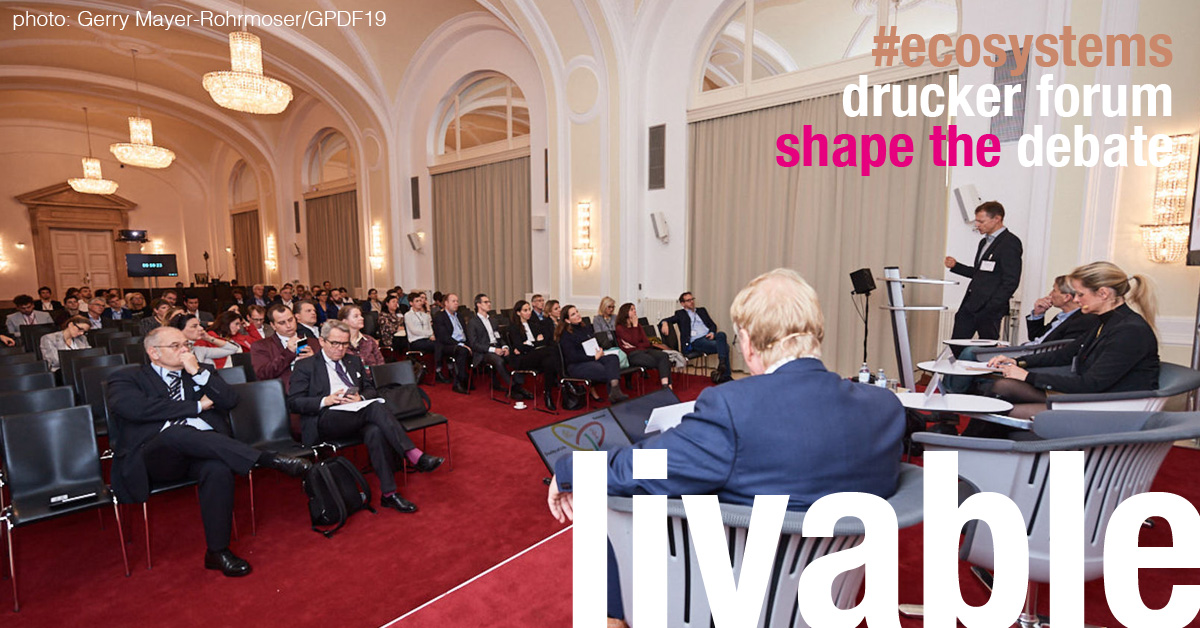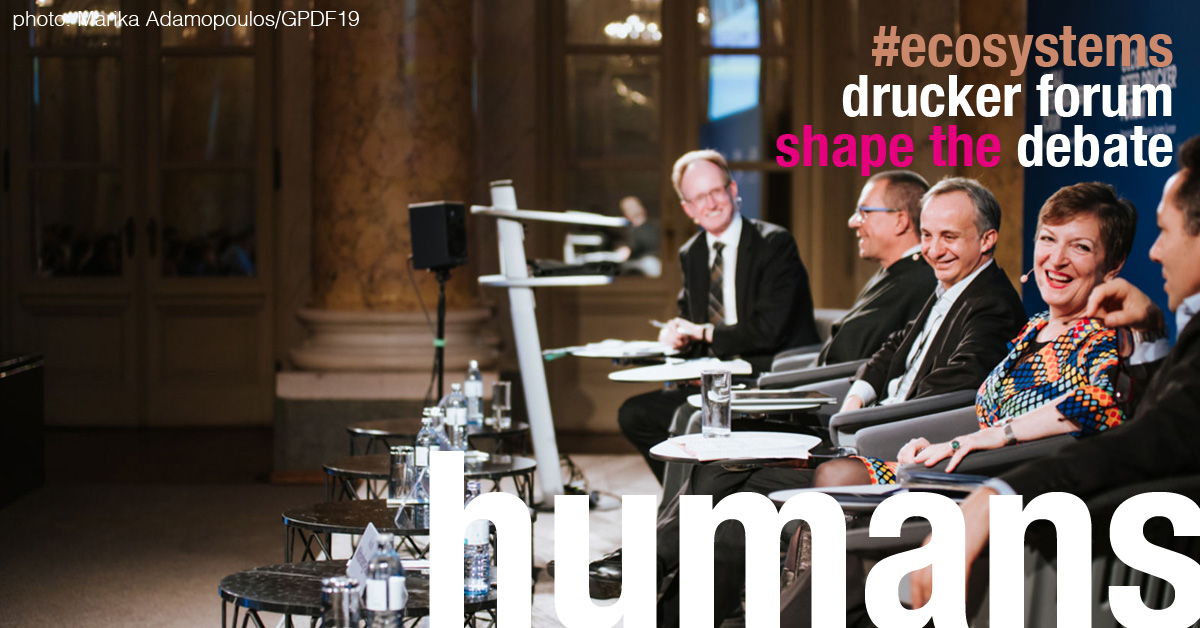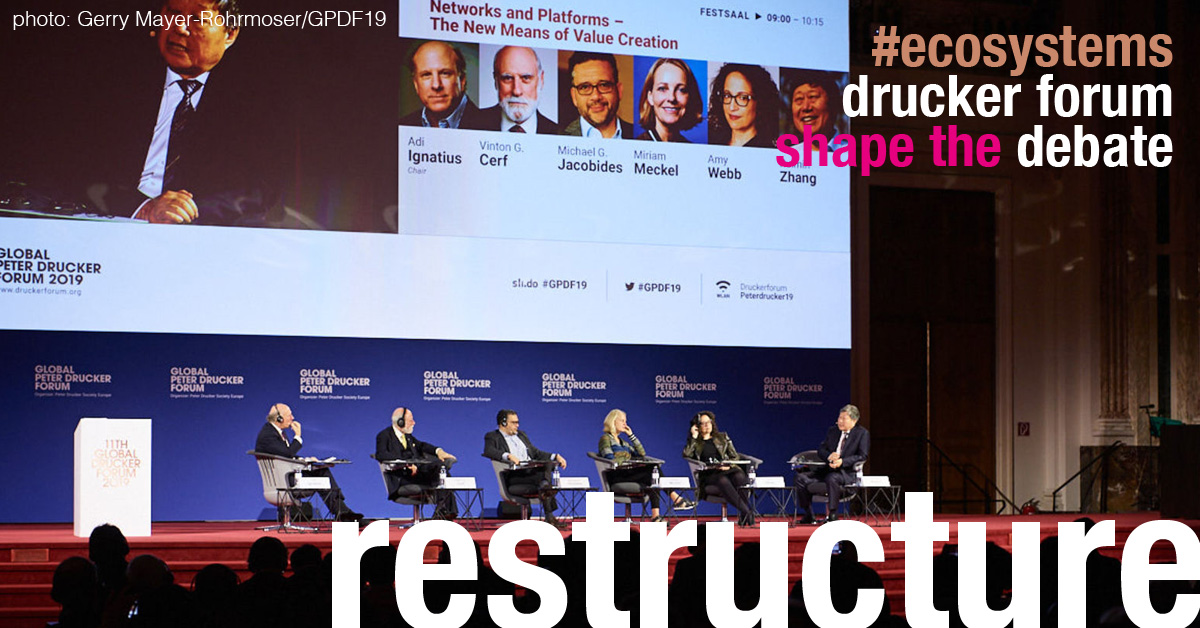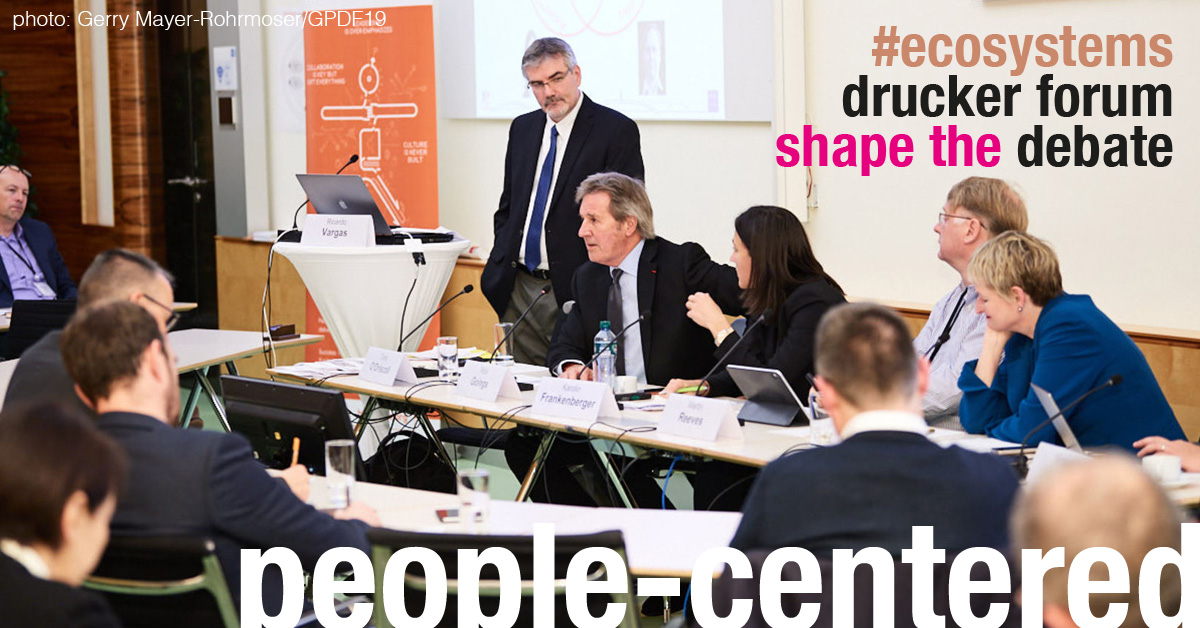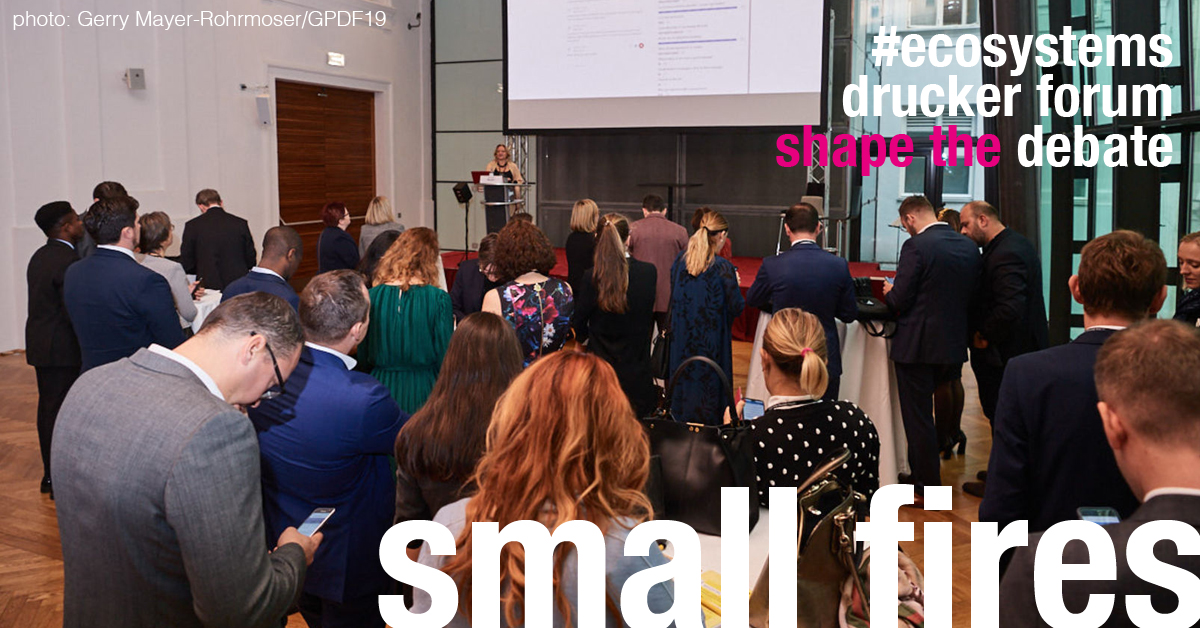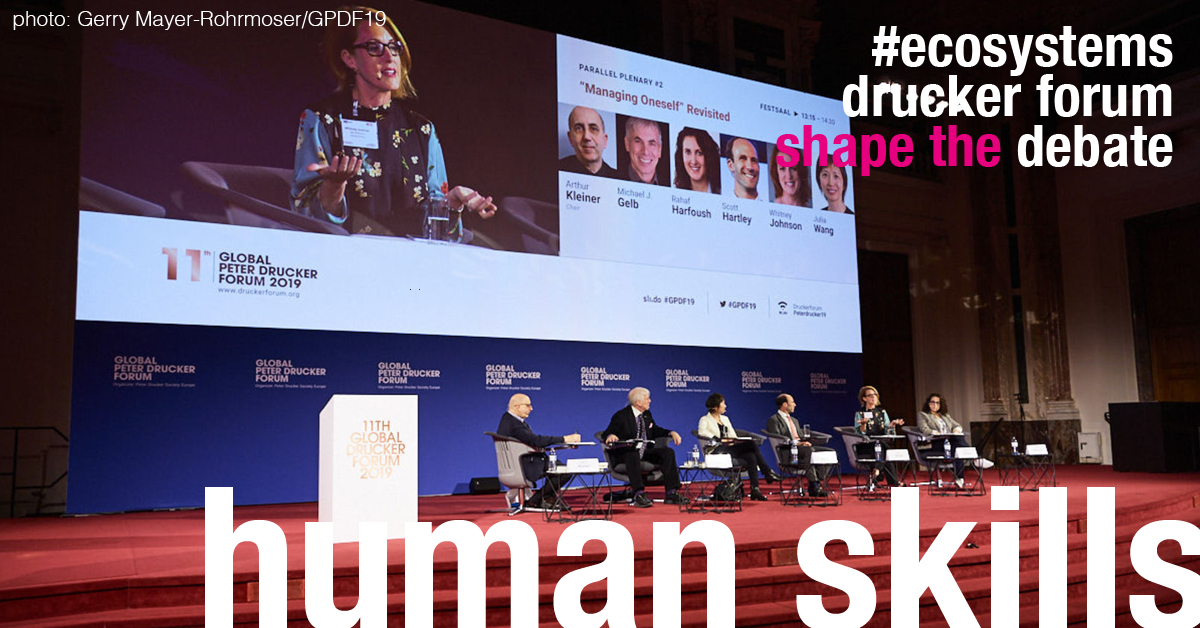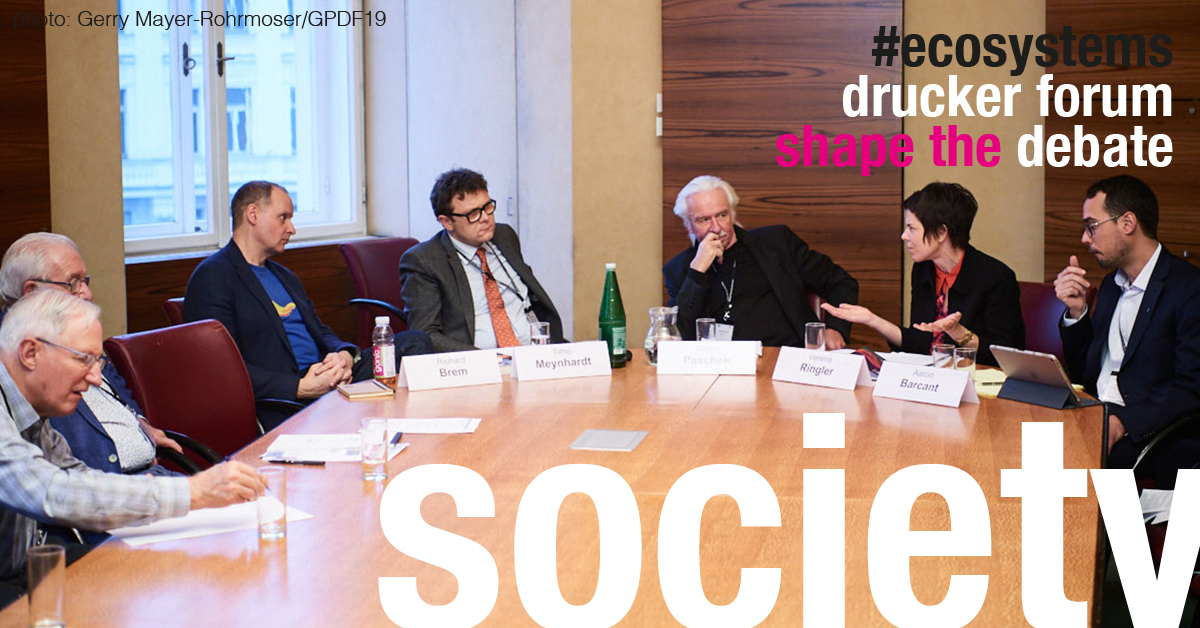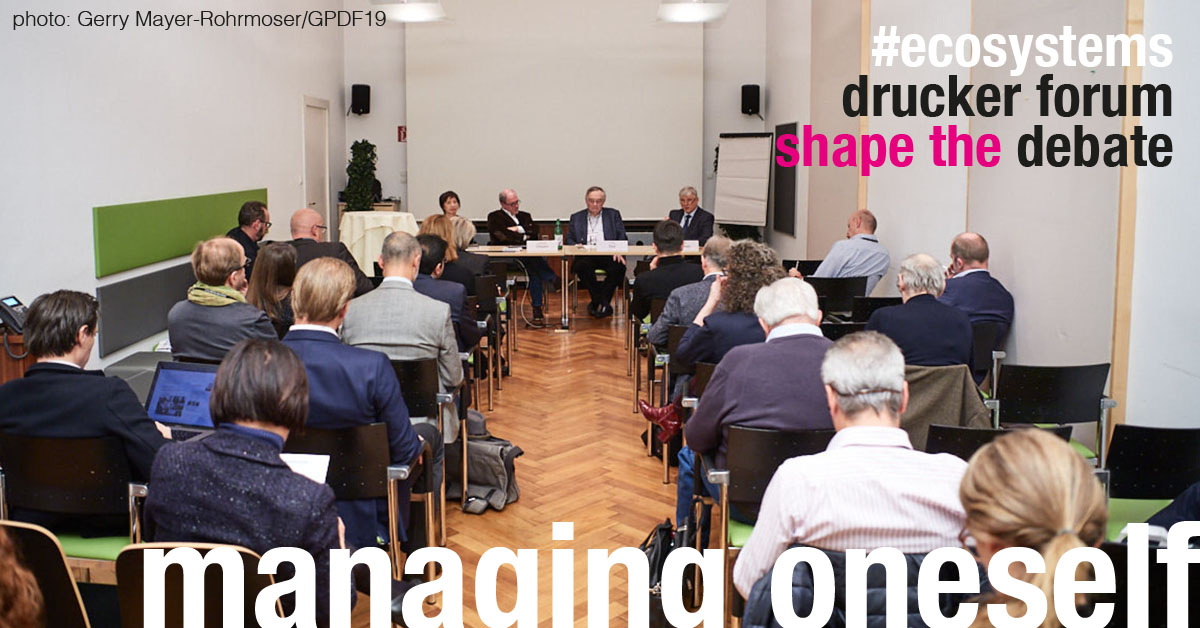The cities of the future we imagined in the 1970ies were about flying cars and beautiful skyscrapers. Where are we now? At micromobility with e-scooters? Where did it all begin? If the Renaissance began in Florence, Smart City began in Silicon Valley. While we know San Francisco as an ideal place to test the latest Smart City tech gadgets their City Government took an interesting decision recently: you now have to demonstrate which public value your technology will bring to the city. What value does your tech bring to the city Cecile Maisonneuve, President of the think tank Fabrique de la Cité, kicked off the Session on “Cities as Social Ecologies” at the 11th Global […]
Continue reading